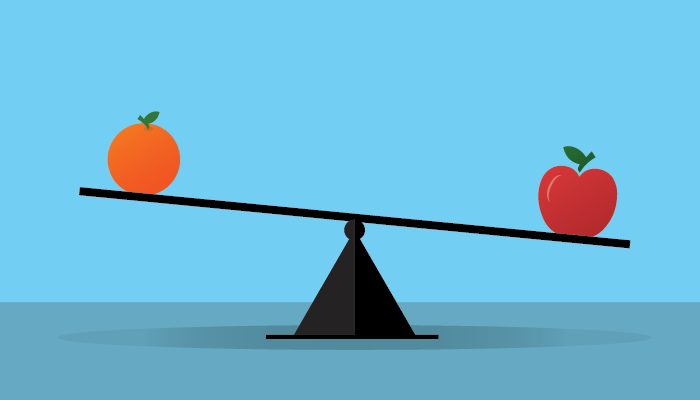
Trading futures is very advantageous over other popular trading methods. Here we outline why, so you can see how it might be right for you.
Futures vs Physical Commodities (PCs)
Trading physical commodities incurs quite a bit more physical management compared to trading futures. Firstly, you own the actual PCs, whereas you’re just trading the value of the future. This means you may need to consider storage costs of the PCs, which isn’t necessary with futures trading.
Trading futures is transparent; everyone sees the same quotes, prices and trades. This isn’t often the case when trading PCs. Futures trades are also regulated by the CFTC in a centralized market; PCs are not and are often sold by unregulated, independent brokers. You can also trade futures nearly 24 hours a day, six days a week, but this isn’t the case with most PCs trading.
When it comes to cost efficiency, with futures trading, you control a large value on margin, but you’ll pay the full price for trading PCs. Lastly, PCs will be treated as ordinary income tax if held for a year or more, but with futures you’ll be taxed a blended 60% long-term, 40% short-term U.S. Capital Gains Tax. We always advise you to contact a tax professional prior to investing.
FX Futures vs Cash FX
Both FX Futures and Cash FX have the benefits of liquidity and 24-hour access. Although Cash FX has daily access to $5.3T compared to FX Futures’ $85B, it is highly fragmented and spread globally. Cash FX also does not fully disclose fees, often varying margin/credit charges depending on their counterparty and building spreads into prices. With FX Futures, traders enjoy fully disclosed fees and known universal margin requirements. They also see the same quotes, prices and trade firm liquidity, but Cash FX offers little to no transparency and last-look is often employed.
FX Futures trade across the world’s largest regulated, centralized market and trades are safe, secure and centrally cleared. However, Cash FX does not, and can face counterparty and executions risks.
Lastly, trading FX Futures gives traders fast trade executions, confirmations and straight-through processing, but Cash FX can experience delays due to last-look and re-quoting.
Futures vs Exchange Traded Funds (ETFs)
As we’ve mentioned above, when you trade futures, you have nearly 24-hour access to your trades, six days a week, whereas trading ETFs you do not.
Trading futures over ETFs can be potentially cost efficient as it can carry significantly lower fees, whereas ETFs fees depend on your time zone and direction, and holding costs will also affect you. You will also need to pay Annual Management Fees when trading ETFs, not something that you’ll have to worry about with futures trading!
When it comes to taxes, again with futures you’ll be taxed a blended 60% long-term, 40% short-term U.S. Capital Gains Tax. For ETFs, you could be liable to expensive short-term Capital Gains Tax.
Both futures and ETFs have deep liquidity, however core futures can trade many more notional trades per day. They also both offer the trader portfolio diversification.
When it comes to pure price exposure to underlying, futures is designed to tightly track underlying, whereas fees, funding levels and other factors can adversely affect the price of ETFs.
A small percent of futures take delivery, but ETFs do not. Lastly, you do not own the futures commodity, traders access the value, but with ETFs, you own the commodity until you sell again.
Crazy about Futures Trading? We are! At https://ntrading.io we share and discover some of the latest and most proven futures trading products on the market, read through genuine product reviews, leave your opinion and more! For futures traders, by futures traders.
Find and hang out with us on:
Facebook @NatTrading
Twitter: @natural_trading
Reddit: Nat_Trading
Quora: Natra Jodd
Or drop us an email at [email protected]